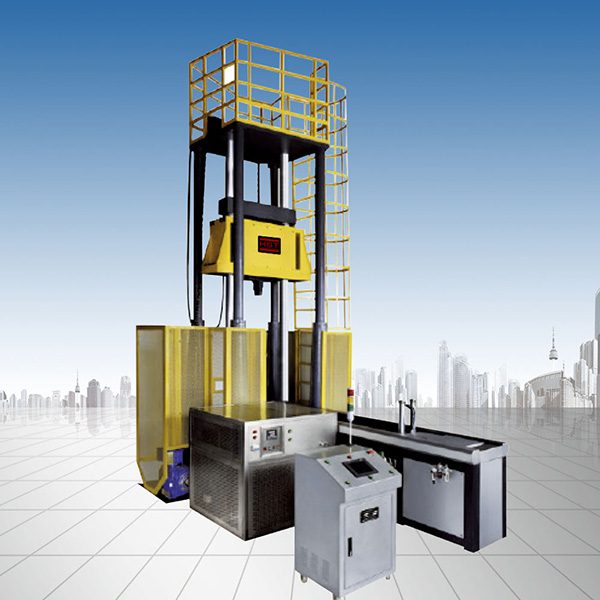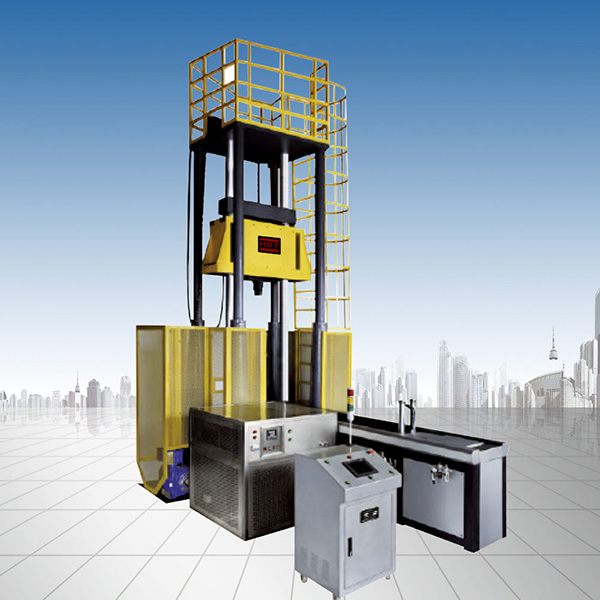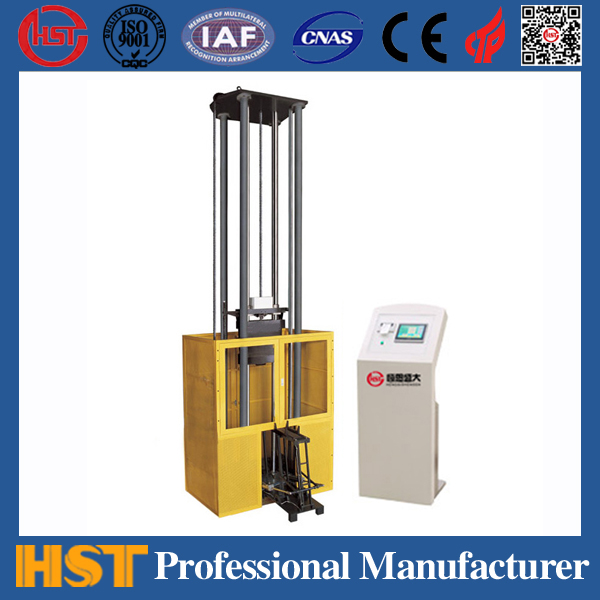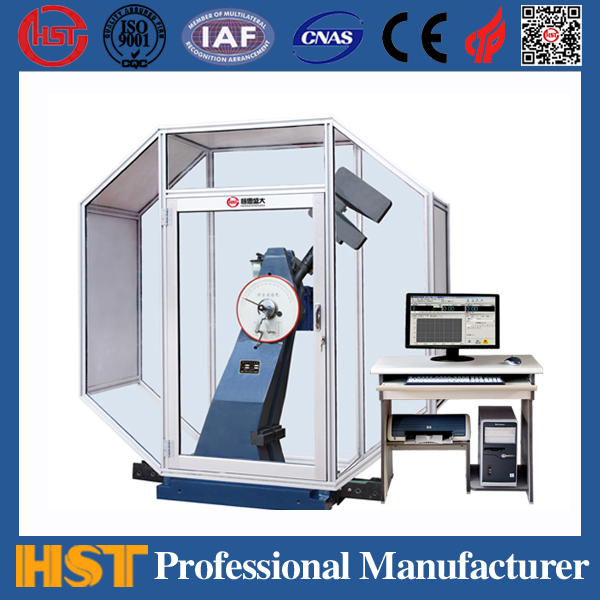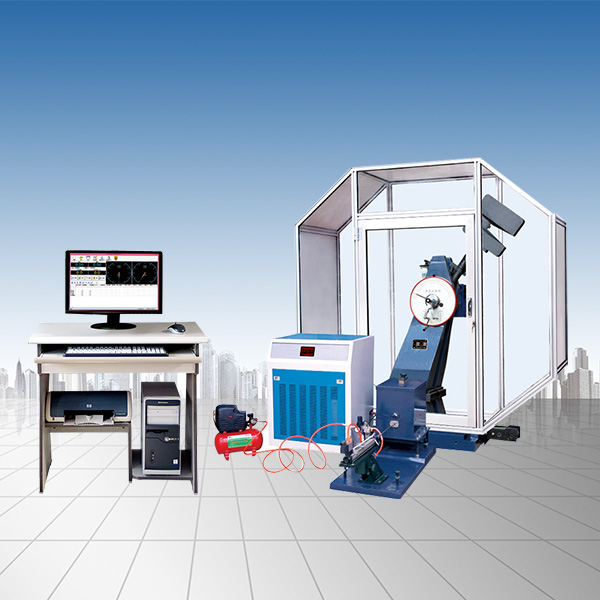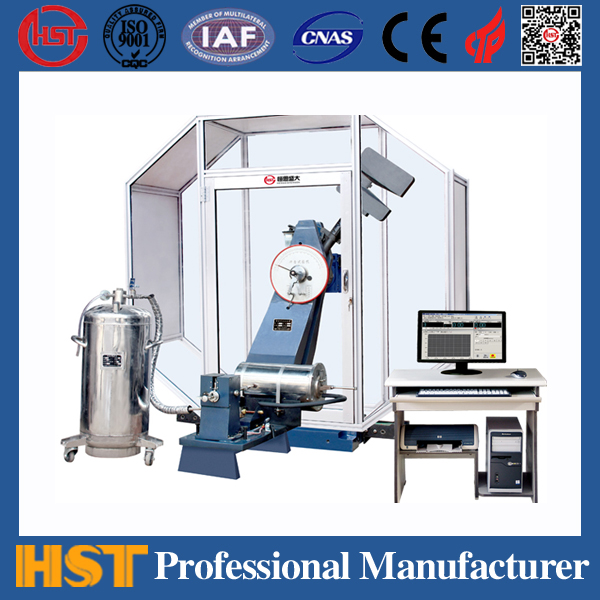Company News
Test data of mechanical properties of test machines
Release time:2018-11-23 source:Jinan Hengsi Shanda Instrument Co., Ltd. Browse:
1. Mechanical propertiesTesting machine: It is an instrument and equipment that tests mechanical properties and process properties of materials, parts and components, also known as a mechanical properties test machine.
1. According to the different test materials, it can be divided into metal and non-metallic mechanical properties test machines.
2. The test time is long, and the mechanical test is divided into long time and the mechanical test is short.
3. The temperature required by the test environment is different. The high temperature, room temperature and low temperature test machine
4. The stress state of the sample and the application speed of the test force can be divided into static force and dynamic force test machine
5. The application methods of measuring mechanical properties and testing force can be divided into tensile force, pressure, universal, torsion, creep, long-lasting strength, hardness meter, friction and wear tester, etc.
6. The structural principle can be divided into mechanical, hydraulic, electronic test machines, etc.
7. Process performance testing machines can be divided into cup protrusions, springs, bending, wire torsion testing machines, etc.
2. ThisUniversal testing machineTests that can be done include: mechanical properties such as tensile, compression, bending, tearing and peeling, and shearing, which are also called mechanical properties, and the properties presented by material resistance and deformation.
1. Mechanical properties include strength. Elasticity, plasticity, creep, fatigue and strength, etc.
2. Definition of strength: Under the action of external forces, the ability of materials to resist various deformations and damages
3. The strength indicators include yield point, tensile strength, fatigue limit, creep limit, long-lasting strength, etc.
4. Tensile test (strength indicators include: spring modulus, specified non-proportional elongation stress, tensile strength, force, etc.
Recommended productsPRODUCTS


















